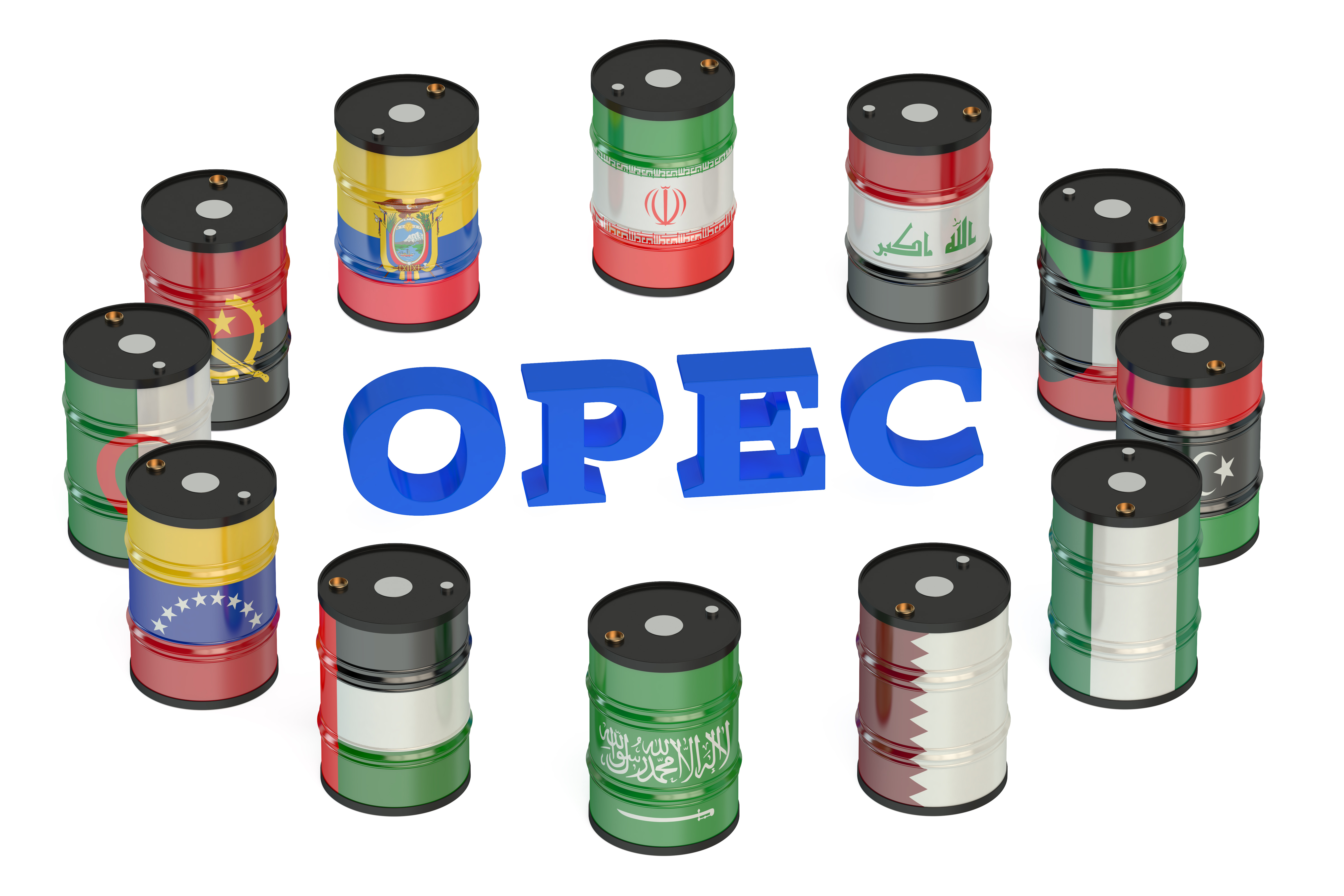
Low oil prices continue to create distress for several governments in the Middle East who need high prices to provide enough goodies to keep the populace happy. Also, some background on the war in Yemen. Last article describes the exploitative labor system called kafala.
8/29 – Strategy Page – Yemen: The Message From Iran is Clear – Deep background on the war between Saudi Arabia (Sunni) and rebels in Yemen (Shia).
Iran (Shia) is backing the rebels, providing lots of smuggled munitions and supplies, including ballistic missiles. The vendors to the Saudis caution there is a chance that a ballistic missile could hit a target. Iran is providing propaganda support, which is effective. There is a lot of fighting.
The economy in Yemen is in shambles. Damage from the war is severe: economic losses estimated at $14B, property damage estimate at $4B in four cities, something over 6,500 people dead, 20,000 wounded, and 3M displaced persons in population of 27M.
The former president (Shia) was ousted in an election and then led his former allies (Shia) in an insurgency against the new government (Sunni).
Interesting deep, deep background: the Iranians switched to the Shia branch of Islam to differentiate them (Persians, not Arabs) from the predominantly Sunni Arabs.
9/23 – Wall Street Journal – Kingdom Comedown: Falling Oil Prices Shock Saudi Middle Class – Ponder this story in light of a relatively small tribe ruling a large kingdom by dispensing largess on the vast majority of the populace to keep them happy.
Subsidies to the middle class will be cut back again through wage cuts for the middle class and new taxes. This is after cutting back subsidies of fuel, water, and electricity last December.
Two-thirds of Saudis work for the government. One out of five civil servant positions will be eliminated, according to the article. Twenty percent of two-thirds is 13%. The implication is that somewhere around 13% of the citizens will be losing their job in the next few years. Next two articles suggest those jobs about to be lost are cushy. The new jobs will have to be in the private sector.
Reduced income at national level has led to reduced construction funding, which has led to drop in employment in construction, leaving many out of work.
9/10 – The Economist – From oil to toil – In Bahrain there are quotas for companies regarding how many Bahrain citizens must be employed. For dreary work such as building maintenance the quota is 5% while in high prestige jobs the quota is 50%. The article (not me but the article) says that some companies are hiring nationals as if they are some sort of a tax: some companies have to hire marginally productive staff and let them under produce so the company can hire enough productive staff to get the work done.
9/10 – The Economist – Open doors but different laws – A labor system called kafala, or sponsorship, is in place in Saudi Arabia, UAE, Kuwait, Bahrain, Oman, and Qatar. In kafala, a foreign national may not change jobs, many cannot leave the country without their employer’s permission, and some even have their passports seized by their employer.
Think about this for the length of time it took to read those two sentences, and you will know that compensation for foreign workers is artificially held far below what an open market would require.
A study by four professors estimated that wages of foreigners in UAE were 27% below what they would be if there were an open market.
So why do workers flock to countries with the kafala system? They can make far more there than they would back home. Two surveys suggest there is a massive earnings gap between people who take one of those wage-suppressed jobs compared to staying home. Working in the exploitative system allows a person enough money to live there and still send enough money home for family to be well off compared to everyone else in the village.